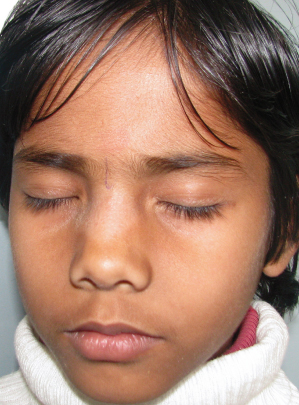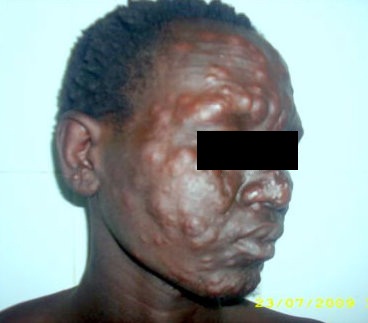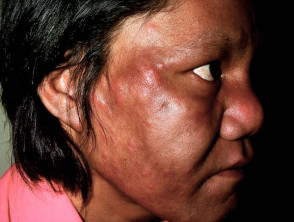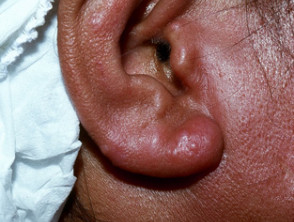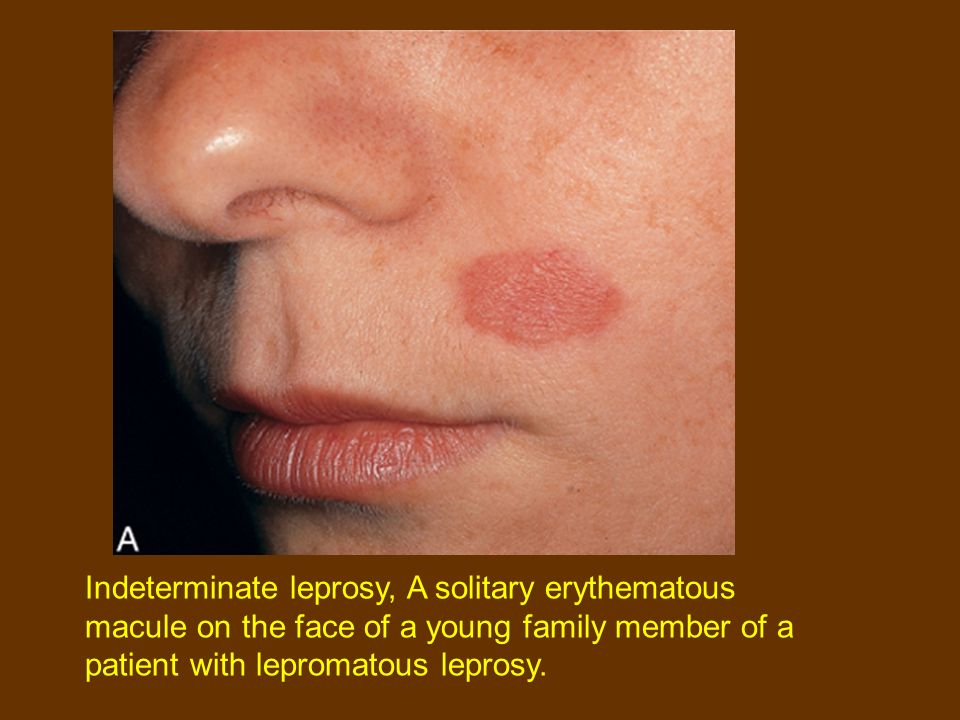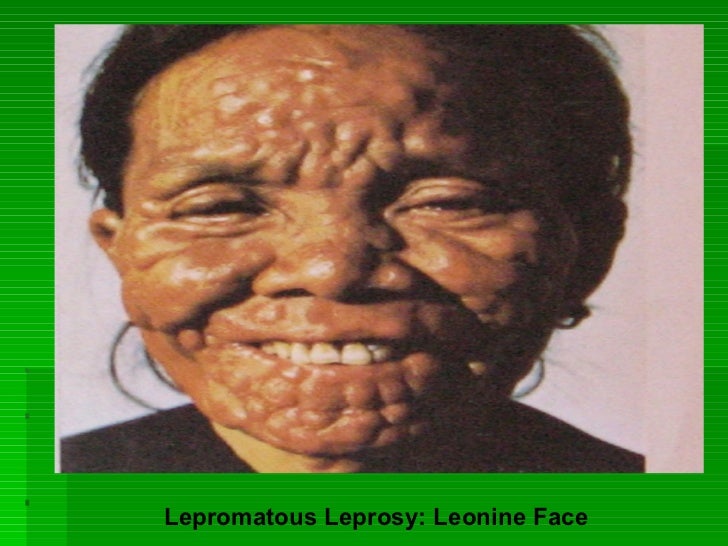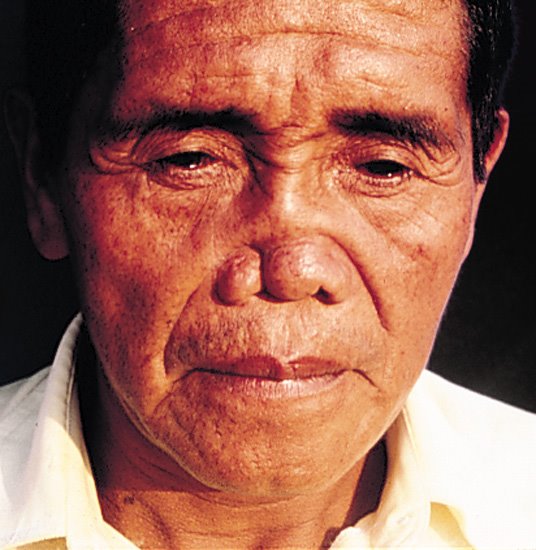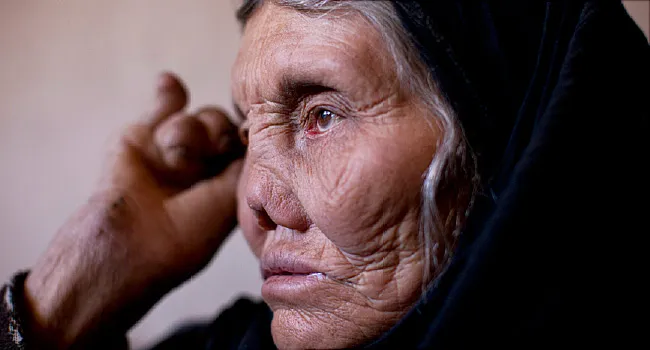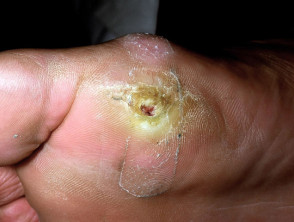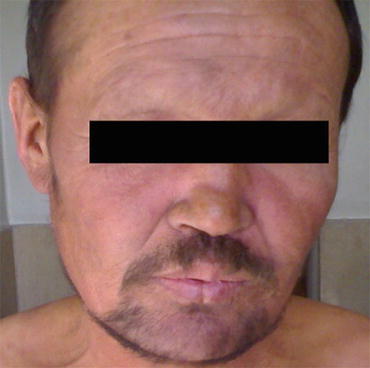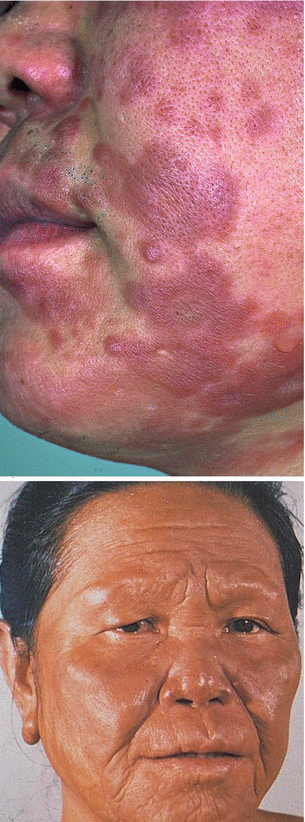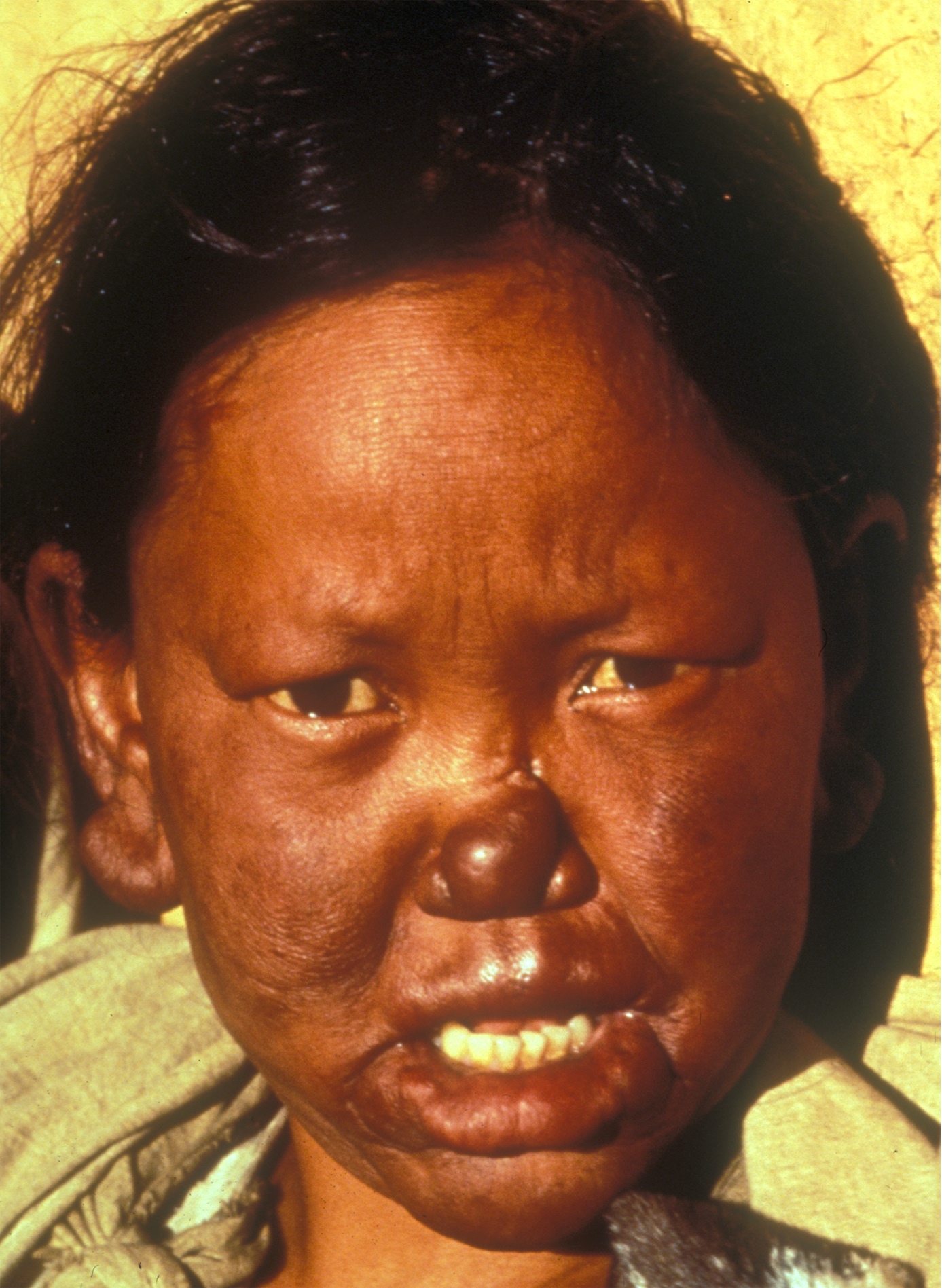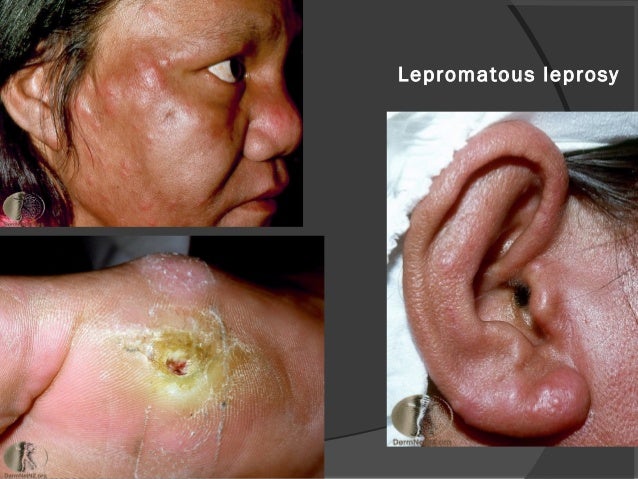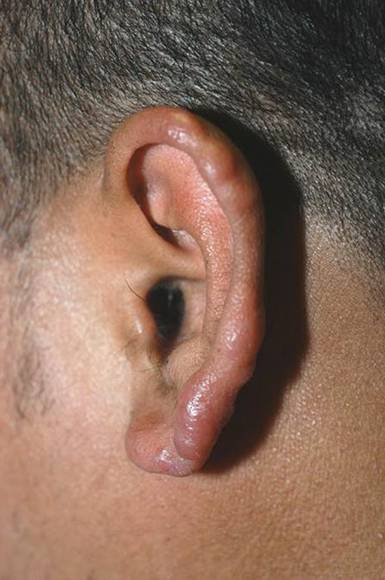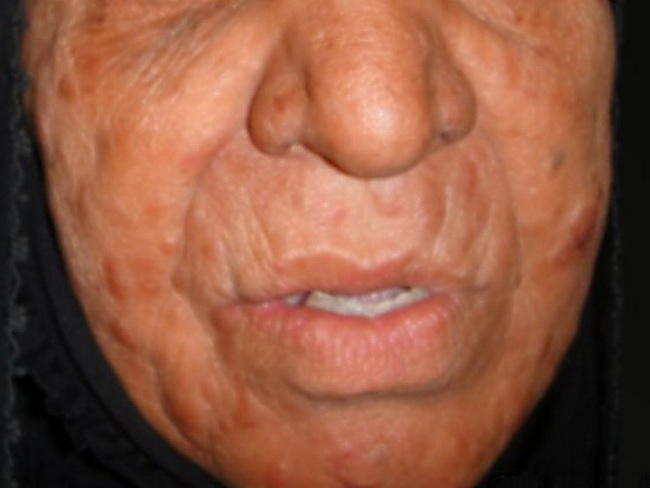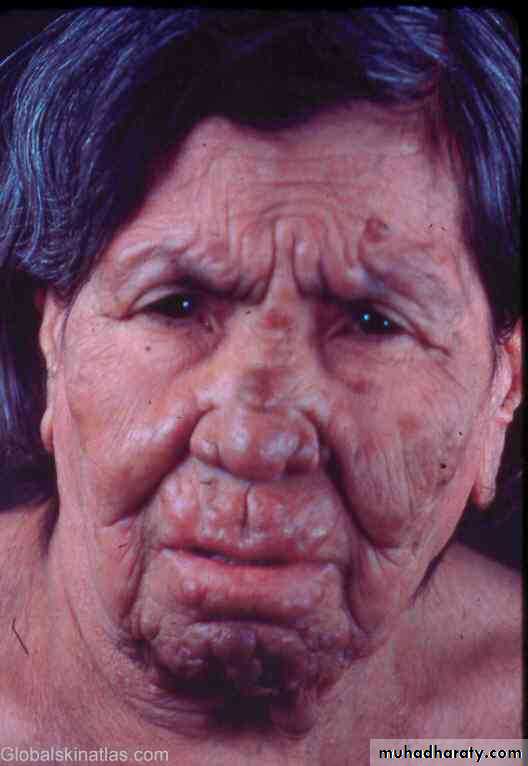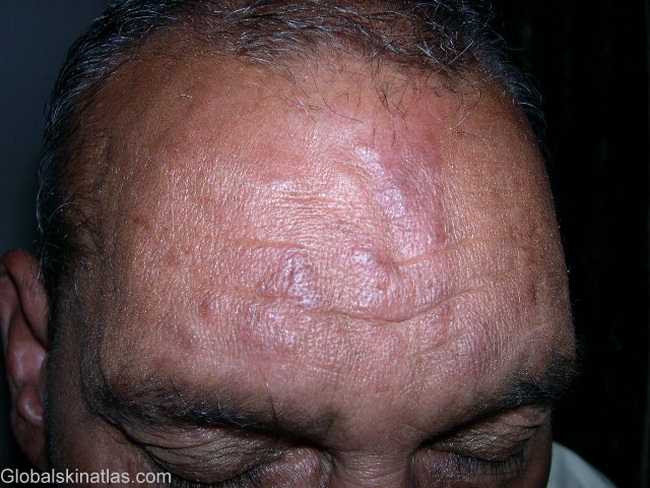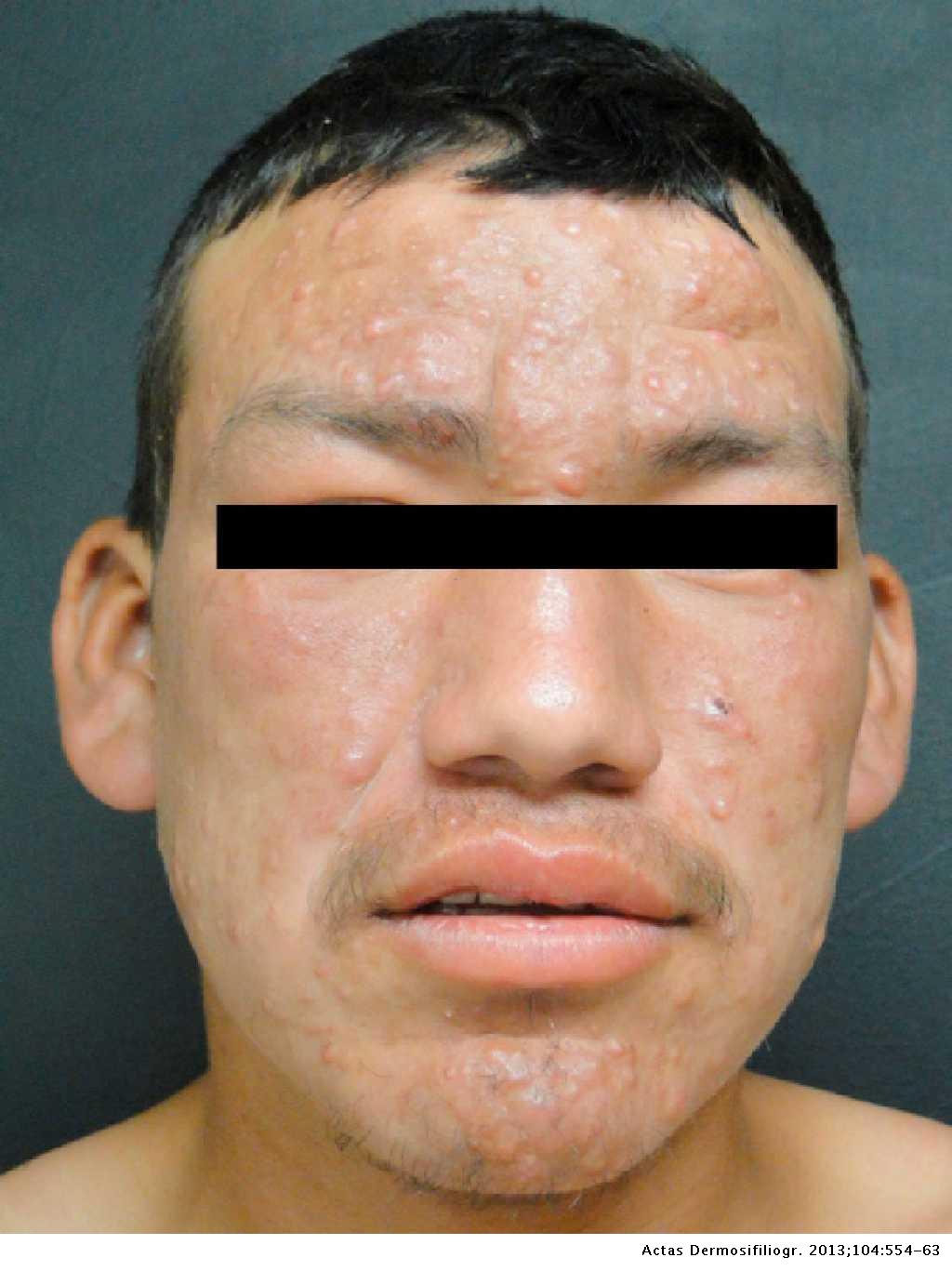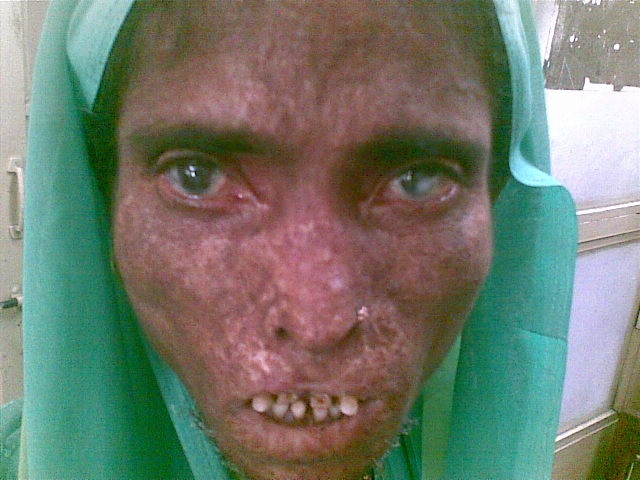Lepromatous Leprosy Face
A 22 year old patient presented to us with erythematous plaques localized to the face.
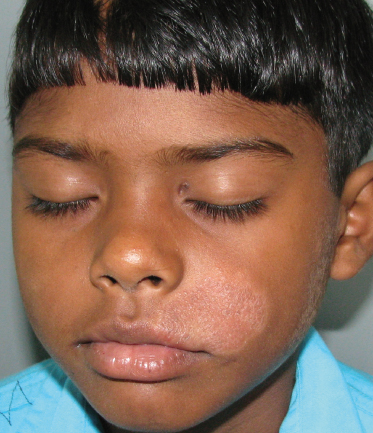
Lepromatous leprosy face. Although the sites of skin lesions are similar to those of tuberculoid leprosy the multiple lesions of lepromatous leprosy are often symmetrically distributed. A biopsy from a plaque showed diffuse atrophy of the epidermis with a subepidermal cell free zone grenz zone. Lepromatous leprosy also known as multibacillary leprosy is a type of leprosy with a much more widespread disease that involves the skin thickening of many peripheral nerves and at times involvement of other organs such as eyes nose testicles and bone 1lepromatous leprosy is characterized by multiple skin lesions that are smaller than those observed in.
Slit skin smear for mycobacterium leprae was positive from lesional as well as non lesional skin. Lepromatous macules may have poorly defined borders and no loss of sensation. It results from the failure of th1 cell activation which is necessary to eradicate the mycobacteria th1 response is required to activate macrophages that engulf and contain the disease.
It primarily affects the nerves of the extremities the skin the lining of the nose and the. Lepromatous leprosy is characterized by multiple skin lesions that are smaller than those observed in tuberculoid leprosy fig. Lepromatous leprosy is a form of leprosy characterized by pale macules in the skin.
Lepromatous leprosy is a more severe form of the disease. Local nerve enlargement is not characteristic. In lepromatous leprosy th2 response is turned on and because of reciprocal inhibition il 4.
Elderly deformed skin smear positive lepromatous patients are associated with increased ocular morbidity and form a group that require acceptable and accessible eye care. It has widespread skin bumps and rashes called multibacillary leprosy numbness and muscle weakness. The nose kidneys and male.
Leprosy related ocular complications and general ocular complications are significant problems in newly diagnosed lepromatous patients. In advanced disease persons with lepromatous leprosy may lose their eyebrows and eyelashes and the eyelids may become paralyzed so that individuals cannot blink or close their eyes properly.


